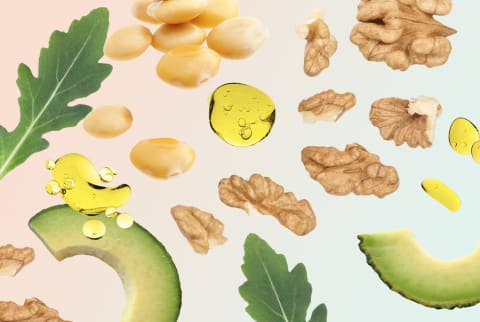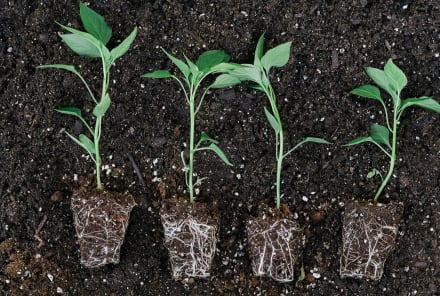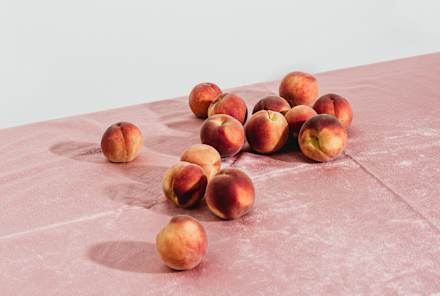Advertisement
Why This MD Wants Us To Reconsider Superfoods For The Sake Of The Planet


To read up on the latest superfoods, you might hop online and scan a list that was written hundreds, perhaps thousands, of miles away. From family physician Daphne Miller, M.D.'s perspective, you'd be better off shutting down the computer and just looking in your own backyard.
The case for regional eating.
Miller has spent her career traveling the world to study nutrition, land use, and health. They may seem like different topics on the surface, but she's found they're actually one and the same. "Everything from medicine to community connectivity to food—these are all just one thing," Miller said on a recent episode of the mindbodygreen podcast.
Over the course of her travels, Miller has noticed that the healthiest cultures—physically, mentally, spiritually—are the ones that understand this inherent connection, and live in sync with the land they stand on.
While their diets are at odds with each other in some respects (some are more meat-heavy, others more plant-based, etc.), they all deliver health benefits just by the nature of the fact that they're place-based.
There are millions of ways to eat well, it seems, but only one way to eat unhealthily: "And that's the one that we have embraced in the U.S.," Miller told us.
The heavily processed foods and cash crops like corn and soy that are so popular in this country speak to a food system that is divorced from its environment. And no matter how well-meaning, blanket lists of superfoods we should all be eating, regardless of where we live, do the same.
"We should stop embracing the idea of these superfoods that are the things that are going to magically keep us healthy," Miller said. Instead, she suggests "really start to think about what works in your local landscape. What are the foods that you can grow there?"
Not only will eating locally give you access to fresher and less refined food, but it can help you see your community and surroundings in a new way. This summer, challenge yourself to get to know a farmer in your region and learn what they're growing and why. While you're at it, if you have the room, Miller suggests taking a stab at growing your own food—even if it's just edible weeds.
The bottom line.
There's nothing wrong with some chia seeds from time to time, but ultimately, the most super foods might be the ones you harvest yourself.











